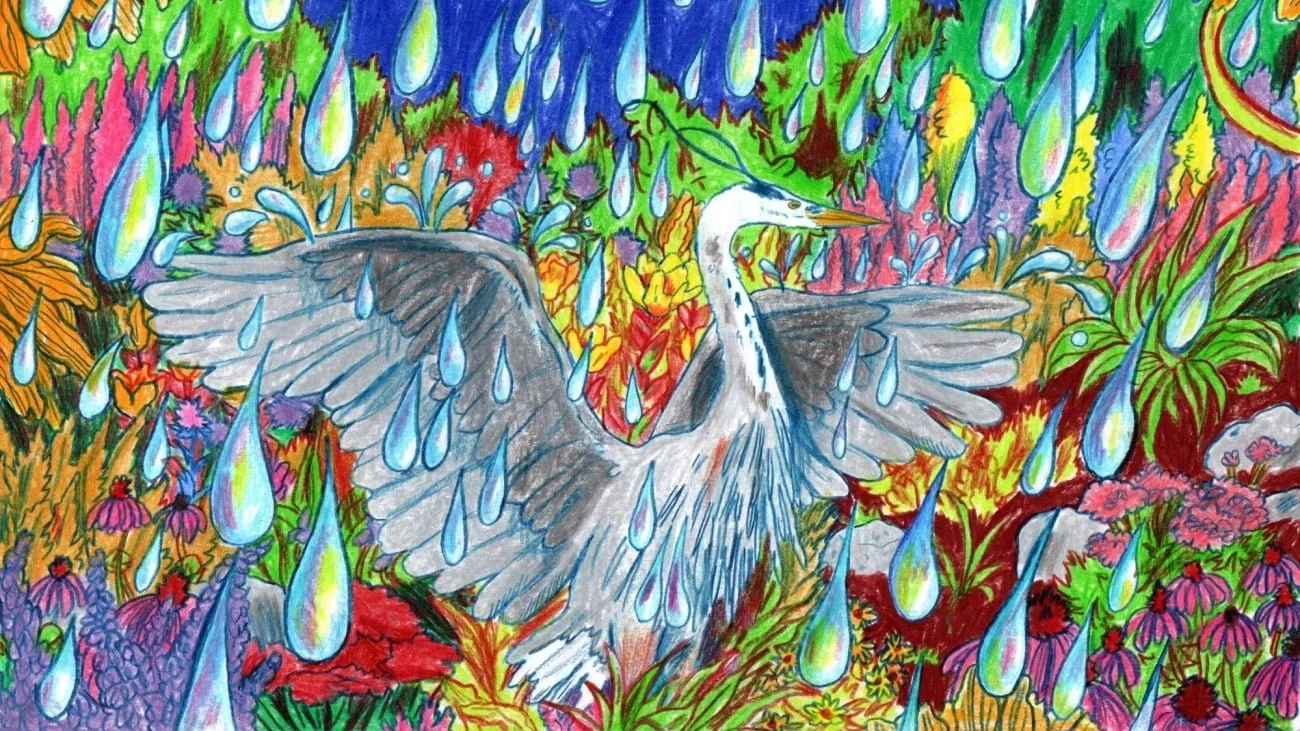Snider says that means that restoring those areas have direct benefits for people, such as protecting water supplies, providing clean air and preventing floods. "It's not only those people that live directly adjacent to those areas that benefit from having those natural areas, but more broadly the people that live, you know, throughout the region," Snider said.
Southern Alberta ranchers conserve land to help protect drinking water for cities
Justin Thompson and Matt Kumlin walk up a hill toward a ridge in the Alberta foothills as a border collie and “cow-dog-in-training” named Newt tags along. At the top of the ridge, the snow-capped Rocky Mountains are visible to the west. Calgary’s downtown is about 40 kilometres to the east. More than six square kilometres of the property around them has been protected by the Kumlin family with a conservation easement, which restricts land uses that could damage its ecological health.
When it comes to heavier storms, rain gardens can help
At the most basic level, rain gardens function like sponges. They are typically made by digging five or so feet into the ground, adding layers of rock and soil mixes designed to absorb and filter water, and topping the layers with flowers, trees, and shrubs. A finished rain garden should dip like a bowl about half a foot below ground level so that when it rains, the garden can temporarily fill up, allowing water to percolate into the ground rather than run into the street.
Yukon pushed to develop protections for irreplaceable wetlands threatened by mining
An independent panel is urging the Yukon government to develop a wetlands policy to protect unique streams, bogs, fens and peatland from mining because there are no known ways to fully restore these sensitive ecosystems once disturbed. Wetlands filter water, provide habitat to species and sequester carbon but are quickly being lost to development worldwide — an issue drawing attention on World Wetlands Day Feb. 2.





